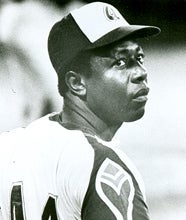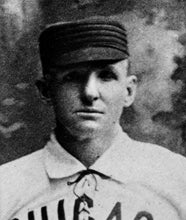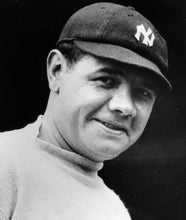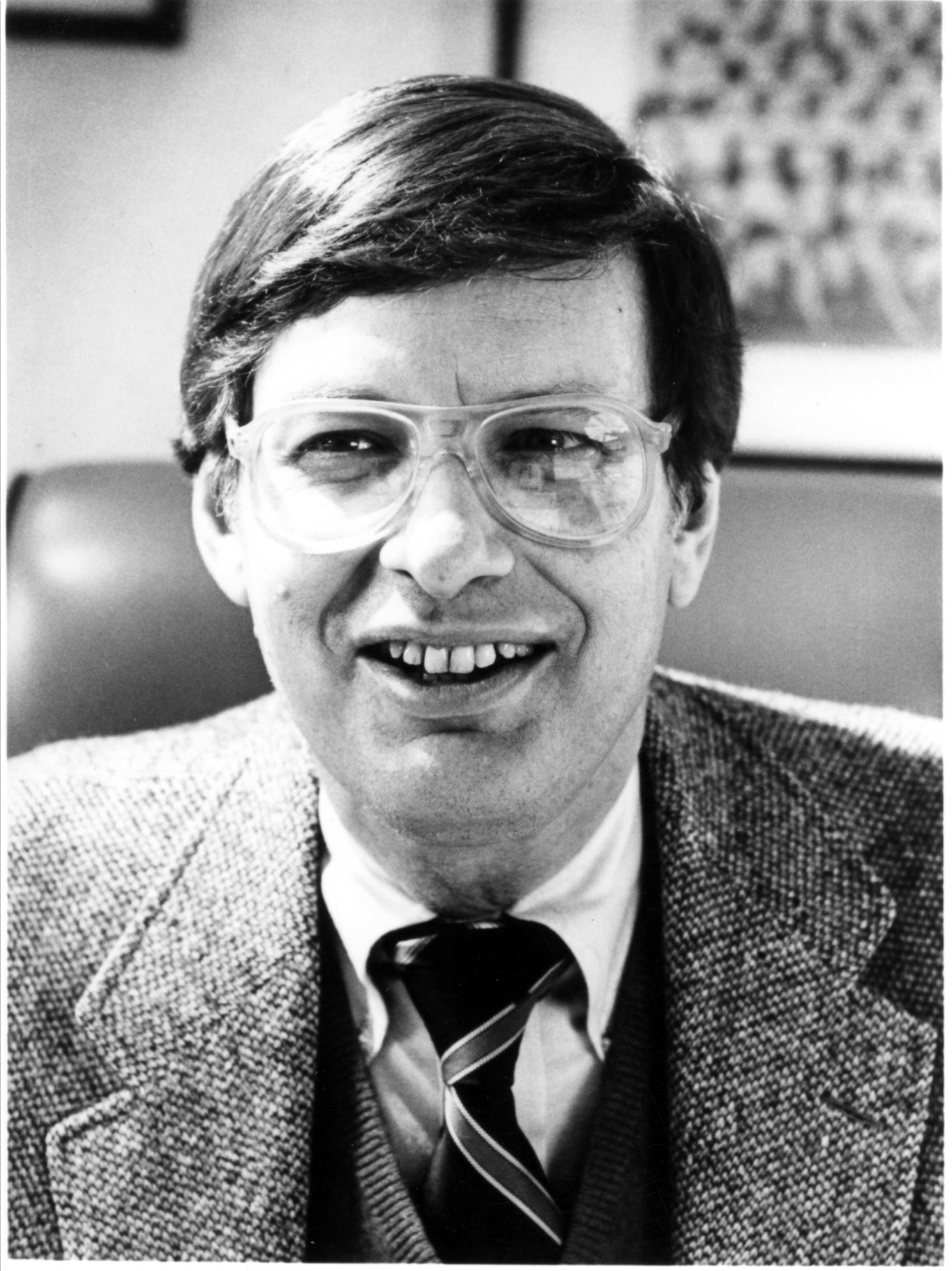- Home
- Our Stories
- Hank Aaron collects RBI single in his final big league at-bat
Hank Aaron collects RBI single in his final big league at-bat
The player who held the career home-run record for 27 years finished his big league career with a single in his final at-bat.
For Hank Aaron, it seemed wonderfully appropriate that the man who was – and still is – the career RBI leader plated a run in his final MLB swing.
On Oct. 3, 1976, Aaron played his final big league game as the Milwaukee Brewers hosted the Detroit Tigers at Milwaukee’s County Stadium in the final contest of the year for both teams. The 42-year-old Aaron was penciled into the Brewers lineup as the designated hitter in the cleanup spot.
Hall of Fame Membership
There is no simpler, and more essential, way to demonstrate your support than to sign on as a Museum Member.
Aaron grounded out to shortstop and third base in his first two plate appearances against the Tigers’ Dave Roberts. But in the bottom of the sixth inning, Aaron’s two-out, infield single scored Charlie Moore to cut Detroit’s lead to 5-1. Brewers manager Alex Grammas, possibly sensing the history at hand, immediately inserted pinch-runner Jim Gantner to replace Aaron.
But for Aaron, his thoughts were already turning from baseball history to his ability to give back to society.
“I remember my last day in Milwaukee and I went to (then Brewers owner) Bud Selig and we talked about how I would like to be remembered,” Aaron said. “And I wanted to be remembered for helping kids.”
Aaron accomplished this through his Chasing the Dream foundation and countless other works off the field.
Back on the field, his last run batted in gave Aaron 2,297 RBI for his 23-year career, 84 more than runner-up Babe Ruth. Aaron, Ruth, Albert Pujols, Álex Rodríguez and Cap Anson are the only five players with at least 2,000 career RBI.
Aaron’s single marked the 6,856th total base of his career – another big league record – and his 2,490th non-extra base hit. The man who hit 755 career home runs finished his career with 3,771 hits – meaning he still would have been a member of the 3,000-hit club even if all of his home runs were factored out.
Aaron was elected to the Hall of Fame in 1982 in his first year of eligibility.
Craig Muder is the director of communications for the National Baseball Hall of Fame and Museum
Related Stories
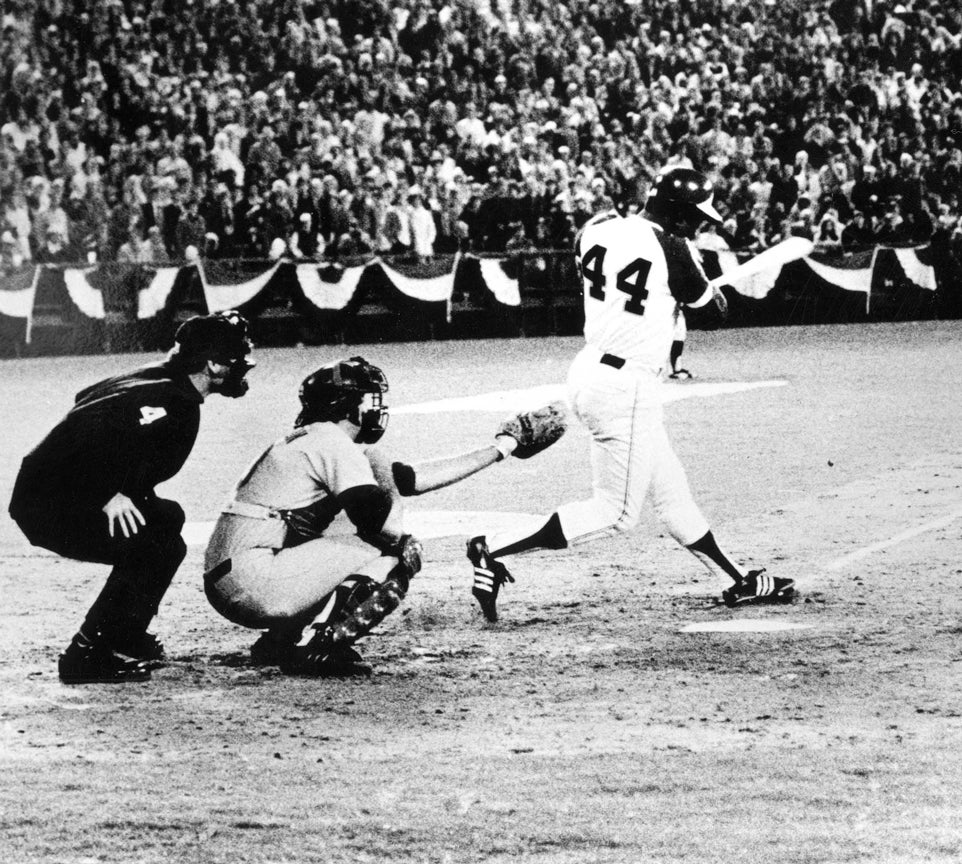
Henry Aaron hits home run No. 715

Aaron, Robinson elected to Hall of Fame
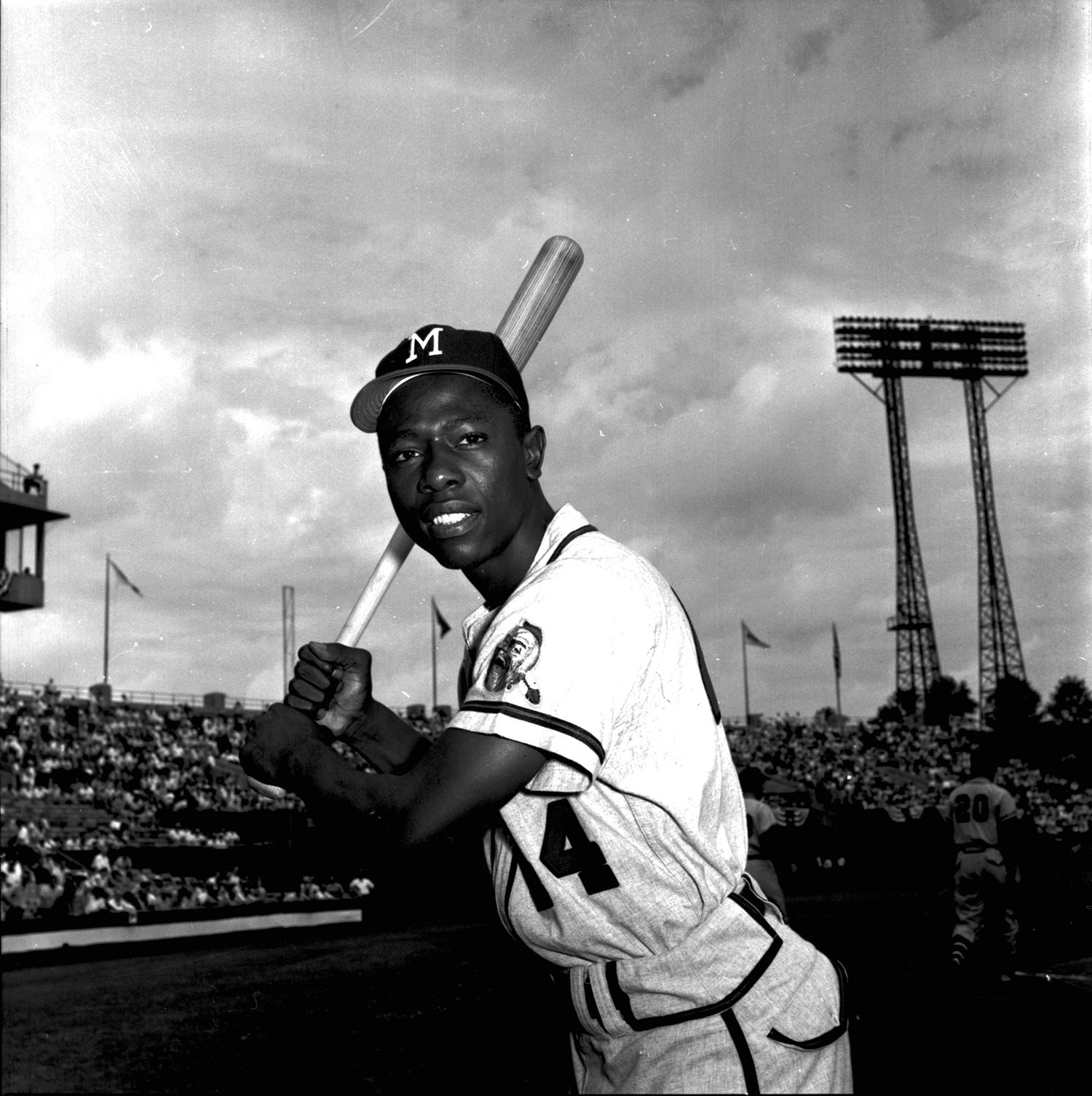
The Braves trade Hank Aaron to the Brewers
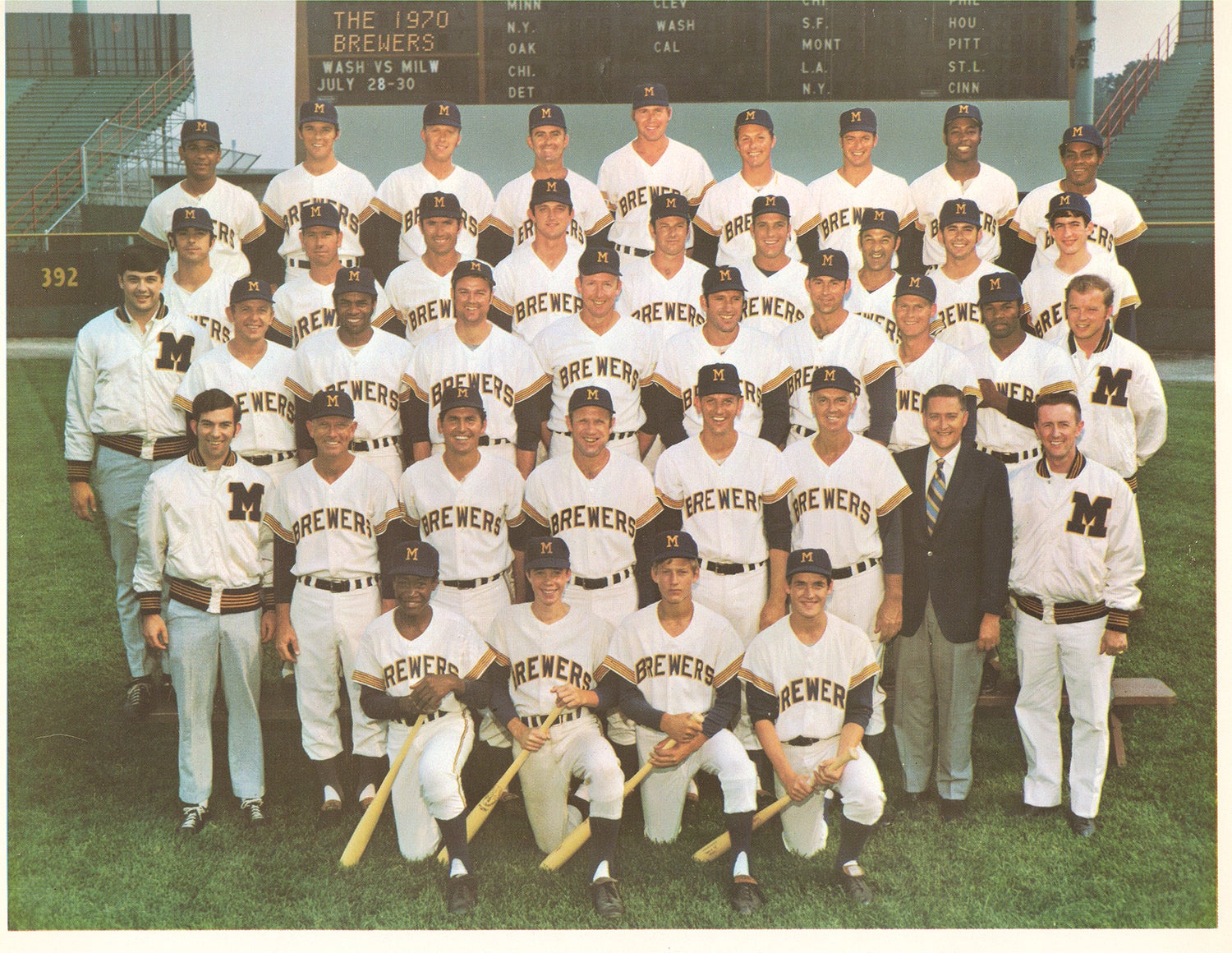
Bud Selig brought baseball back to Milwaukee

Henry Aaron hits home run No. 715

Aaron, Robinson elected to Hall of Fame

The Braves trade Hank Aaron to the Brewers




